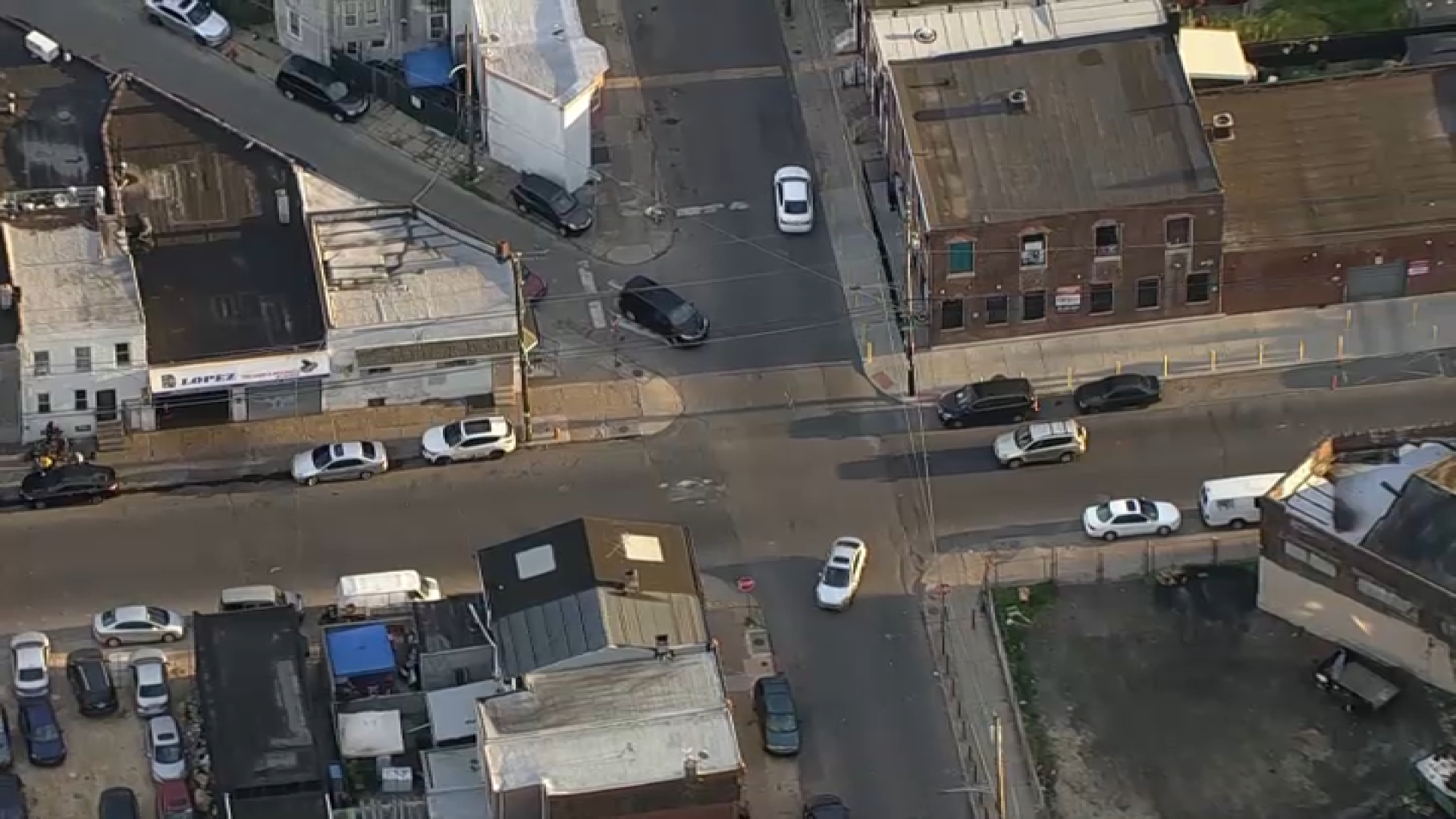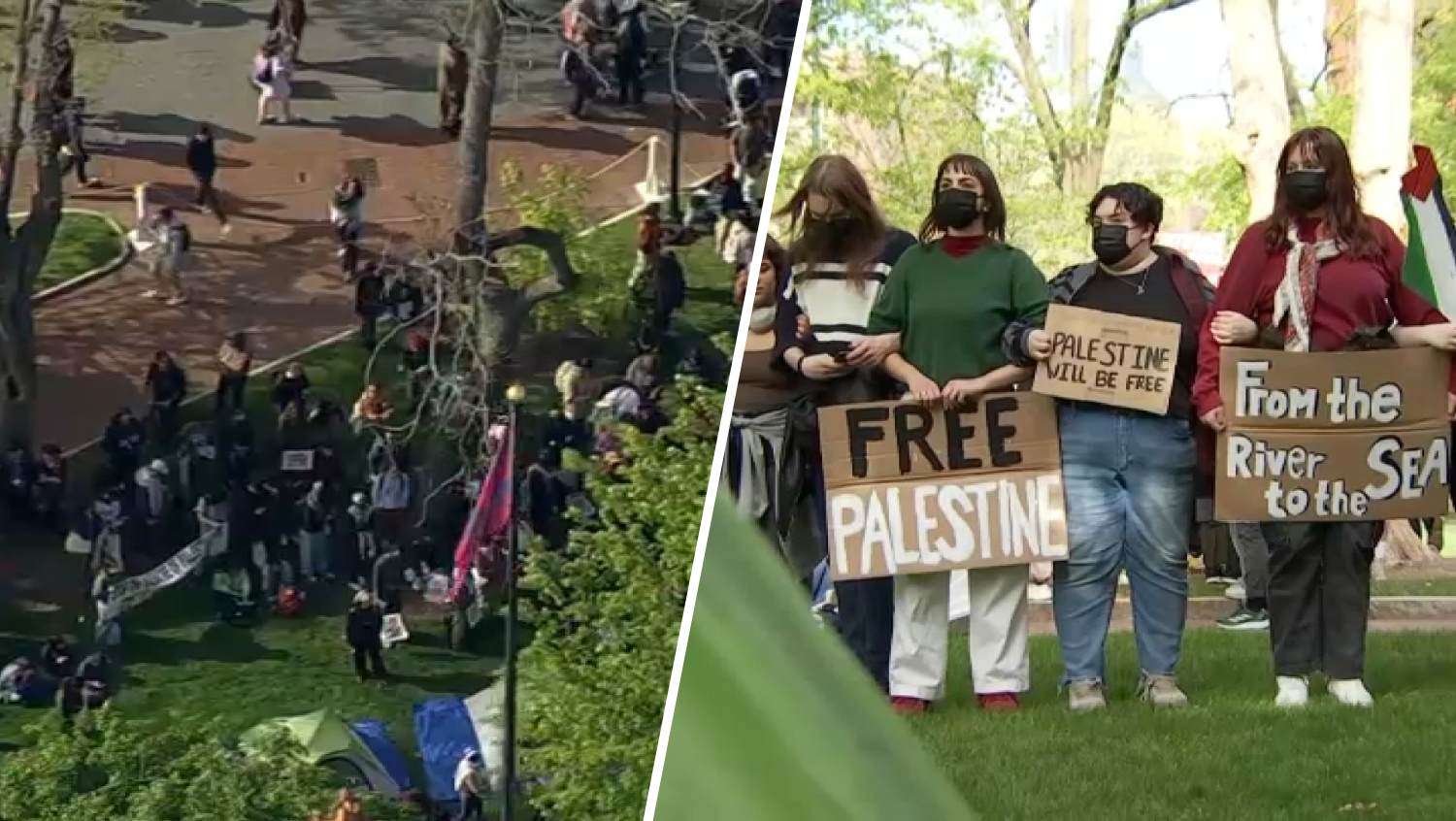Police Commissioner Danielle Outlaw, who began her tenure Monday with a pre-dawn tour of district stations, says she asked for lots of information about Philadelphia since her hiring was announced in late December. She has used her recon to get a jumpstart on understanding the problems facing the department and the city.
The commissioner has two sons in college, and when they heard that their mother would be relocating from the West Coast — where she spent her entire career, first in Oakland and then Portland, Ore. — they had only a couple concerns.
"Where do we go for Christmas break and what are you cooking?" she said.
Outlaw faces tough challenges in her new job, including mending the relationship between the community and police, restoring the reputation of officers following a social media scandal last year and dealing with violence and rising homicides.
She already has met with Fraternal Order of Police President John McNesby, and the two are on good terms, according to a City Hall official close to both police leaders.
Her interview on Wednesday with NBC10 was wide-ranging, covering issues like recruiting city residents to become officers and the police department's involvement with a proposed safe injection site for heroin users in Kensington.
Rising violence in Philadelphia
Local
Breaking news and the stories that matter to your neighborhood.
Outlaw said the increase in crime and homicides goes back three years, and a yearslong trend will take a comprehensive approach by the entire department and other agencies to reverse.
"Crime has been surging since 2016. This isn't something that just happened," Outlaw said. "And if anyone thinks that just one person has fixed anything in the past on their own, we setting that one person up for failure."
She said she isn't ready to unveil any specific plans yet to tackle what will be her biggest problem in the months ahead.
Police trust in the community
Outlaw believes strategy and arrests only go so far in gaining the respect of citizens.
"We can have all the best strategies. We can enforce. We can be increasingly visible," she said. "But without community input, without community collaboration, we cannot be successful. Or whatever efforts we make won't be sustainable."
She said it's important community members "see us beyond the uniform, see us as human beings."
Outlaw added that the department needs to be able to admit when it, or one of its officers, does something wrong.
Her attraction to the job and the city
The history and traditions of the Philadelphia Police Department were appealing, she said, but so was the feeling she got when she arrived in the city.
"There is a lot of things that this department does really well, and there are also some things we need to get our act together on," Outlaw said. "But it doesn't negate all the wonderful things and the smart and intelligent people that do exist here that are committed to the community."
Safe injection site proposal in Kensington
Every police commissioner candidate was asked about their position on the proposed safe injection site slated for a location in Kensington, according to information obtained by NBC10 through a right-to-know request.
The facility would allow heroin users to shoot up under the supervision of medical staff. Mayor Jim Kenney is a strong supporter. U.S. Attorney William McSwain, the federal prosecutor for Philadelphia, however, is not. He has sued to prevent the facility from opening.
Outlaw said she doesn't yet have a complete answer on her feelings about a safe injection site.
"Some of the smaller petty crimes are driven by substance abuse, which is a health condition," she said. "And a lot of people will tell you that if someone has a problem with their kidneys, they go see a doctor. They're not arrested for it. ... Something has to be done."
"With that said, I don't think that's something that should be driven by the police department," she added. "But if in fact that comes into fruition, our role wouldn't be to criminalize those who utilize those sites, but to make sure the areas around those sites are safe and secure."
Her agenda in the next few days
"It's hitting roll calls. It's meeting our command staff. It's meeting our civilian staff," Outlaw said.
Getting out into the community and the police districts, she said, is "the only way you truly know how policy decisions are affecting the people that are actually doing the work."



